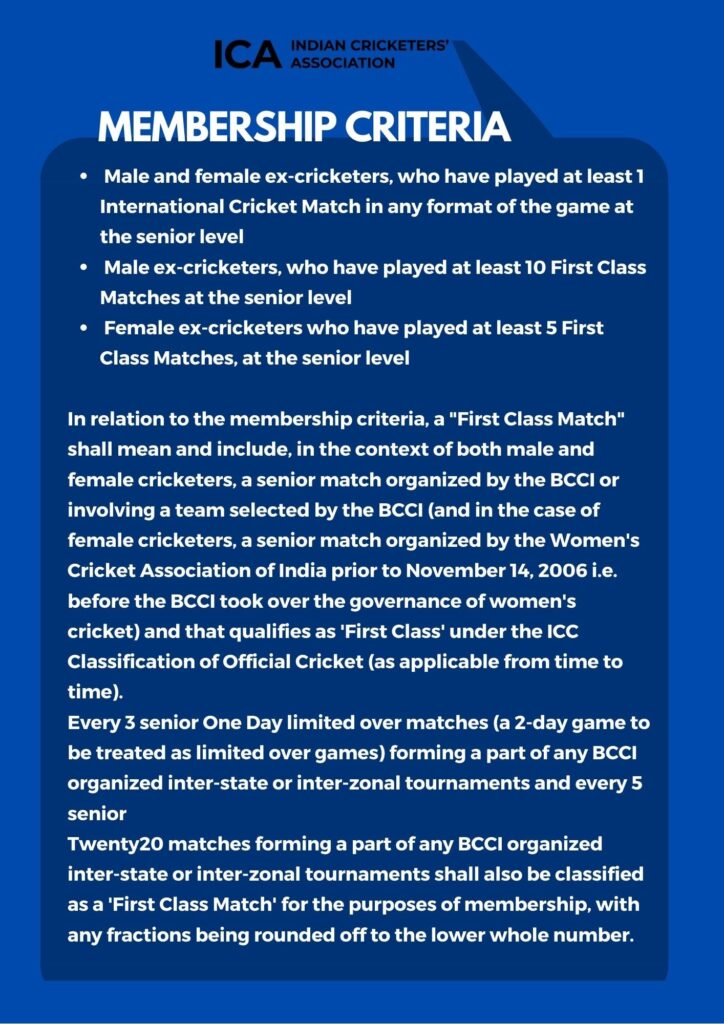DRS AND THE INEXPLICABLE CHANGE IN RULES

By:- Raju Mehta
Email:- sunnysrajumehta@gmail.com
The ICC introduced the DRS (Decision Review System) ostensibly to reduce umpiring errors in international matches. First the players were allowed to have two unsuccessful reviews and now in recent times they have made these three unsuccessful reviews per inning because of Covid. This was because it was felt that due to the pandemic, the ICC’s elite panel umpires may not be allowed to travel and inexperienced umpires may have to officiate in international matches. However, previously no balls were reviewed only when a wicket fell, but many transgressions by the bowlers were missed. This deprived the batsmen of an extra delivery and a free hit in white ball cricket. To address this the ICC have now made the third umpire to adjudicate for no balls and allowed the onfield umpires to concentrate at the business end which is the batsman’s end.
The drama of the player’s deciding whether to go in for a review at the very last second of the 15 seconds allowed adds to the excitement for the spectators. Still, after the team has lost its reviews, and they are at the receiving end of a bad decision, as it happened to Australia when they had lost all their reviews and Stokes got a vital decision in his favour when he was palpably LBW to Lyon in the last Ashes series, the repercussions are huge. In this case it cost Australia an Ashes victory as Stokes guided England to an incredible win.
It does not make any sense for a team to lose a match because of an umpiring error simply because they had mistakenly exhausted their reviews. The other major sore point is the ‘Umpire’s Call’. It makes no sense that a batsman is declared out or not out depending on how the onfield umpire has called it unless a substantial portion of the ball has been deemed to be hitting the stumps, particularly in a LBW decision. Thus, the same batsman is ruled not out if the onfield umpire has called it so, but is ruled out for the same delivery if the onfield umpire has ruled him out! Does it make sense? Either a batsman should be out or not out and the umpire’s call should be done away with.
If the umpire’s errors are to be reduced, then the marginal decisions like the LBW decisions should also be left to the third umpire. The obvious question then would be are the onfield umpires only required to count the number of balls in an over? It really is a tough call if all decisions are left to the third umpire since even for catches that are low or on the fence, normally the third umpire comes into play and he over turns the soft signal of the onfield umpire only if there is no doubt in the umpire’s mind.
Would it be worth considering having the referrals to be taken away from the players and left in the umpire’s hands? If there is any doubt in the umpire’s mind about any decision, he should be allowed to go for a referral and also if there is a blatant error on the part of the onfield umpire, he should be asked to correct his decision by the third umpire. Maybe this will reduce umpiring errors and the players would not feel deprived of justice. Will this reduce the drama for spectators, maybe it will. Will it add to the delays in the smooth conduct of a game? Well with the multiple views and angles sought by third umpires even for the most clear-cut decisions, already a lot of time is being wasted.
With the introduction of concussion substitutes, where in a like for like substitute is allowed, if a player is injured during play, whether it is at batsman being hit on the head while batting or a wicket keeper being injured (the substitute can only keep and not bat), the game is being turned around from what it traditionally was. Maybe, this could be how things will ultimately evolve. It will be interesting to see.
(Raju Mehta is a former First Class cricketer, the views expressed here are personal)

